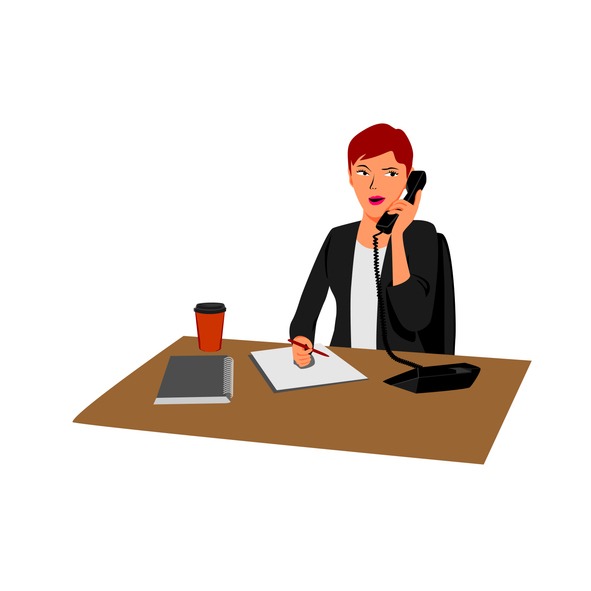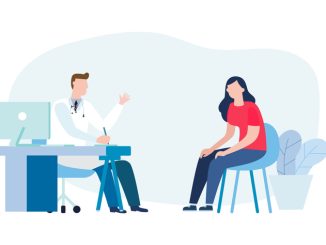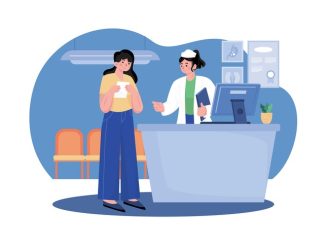
As reported by NHS England, patients see improved access to GP appointments with the nationwide roll-out of advanced phone systems
Almost every GP practice in England has upgraded their phone systems – a key part of the GP access recovery plan.
More than 5,800 GP practices use a digital system for answering patients’ calls – enabling GP teams to manage multiple calls and helping to end the ‘8am rush’ for appointments.
During trials, this increased patients’ ability to get through to their practice by almost a third.
More than nine in ten (92 per cent) of GP practices in England now have cloud based systems – this means phone lines can be expanded and won’t ever be engaged. The remaining practices are agreeing dates within the next month for upgrades to happen with tech suppliers and are expected to happen from next month.
Extra training was also provided to staff answering calls at surgeries, so that people who need to see their family doctor are prioritised while those who would be better seen by other staff such as physiotherapists or mental health specialists can do so more quickly.
Abbey Medical Centre in Kenilworth in Warwickshire reduced the number of abandoned calls to their practice by 90% by using data from their upgraded telephone system to identify when lines were busiest and to ensure more reception staff were available at peak times.
The GP practice also focused on their most frequent callers – offering vulnerable patients more support from the same clinicians with their appointment usage reducing by three-quarters. The 25 patients who had the most appointments accounted for 8% of the total number of appointments available (50 out of 625 in a week)
Latest figures show that GPs delivered 364 million appointments in the last year – 57 million more annually than before the pandemic.
The primary care access recovery plan also set out plans for patients who need prescription medication to be able to get it directly from a pharmacy, without a GP appointment, for seven common conditions including earache, sore throat, or urinary tract infections.
The actions set out in the plan are expected to free up around 15 million GP appointments over the next two years for patients who need them most.
Dr Amanda Doyle, National Director of Primary Care and Community Services for NHS England, said:
“The NHS has delivered on its promise to upgrade GP telephone systems to make it easier for patients to contact their surgery. This is welcome news for patients and just one of a range of measures to make it quicker for people to get the help they need from their local GP team.
“Thanks to the hard work of staff more than 1.4 million appointments in general practice take place each working day which is a significant increase in the last four years and should really help patients trying to access their surgery.”
Health Minister Andrea Leadsom said:
“Backed by £240 million and the support of NHS England, nearly every general practice now has the ability to answer multiple calls efficiently with these upgrades.
“This will significantly reduce the 8am rush to book an appointment – with trials showing these measures could improve the number of people accessing GP services by almost a third.
“GPs carry out vital work to support communities and patients, and I’m pleased that there are now 800 more doctors working in general practice compared to last February. Last year, 50 million more GP appointments were delivered than five years ago, and the first ever Long Term Workforce Plan will increase GP training places by 50% to 6,000.”



Be the first to comment